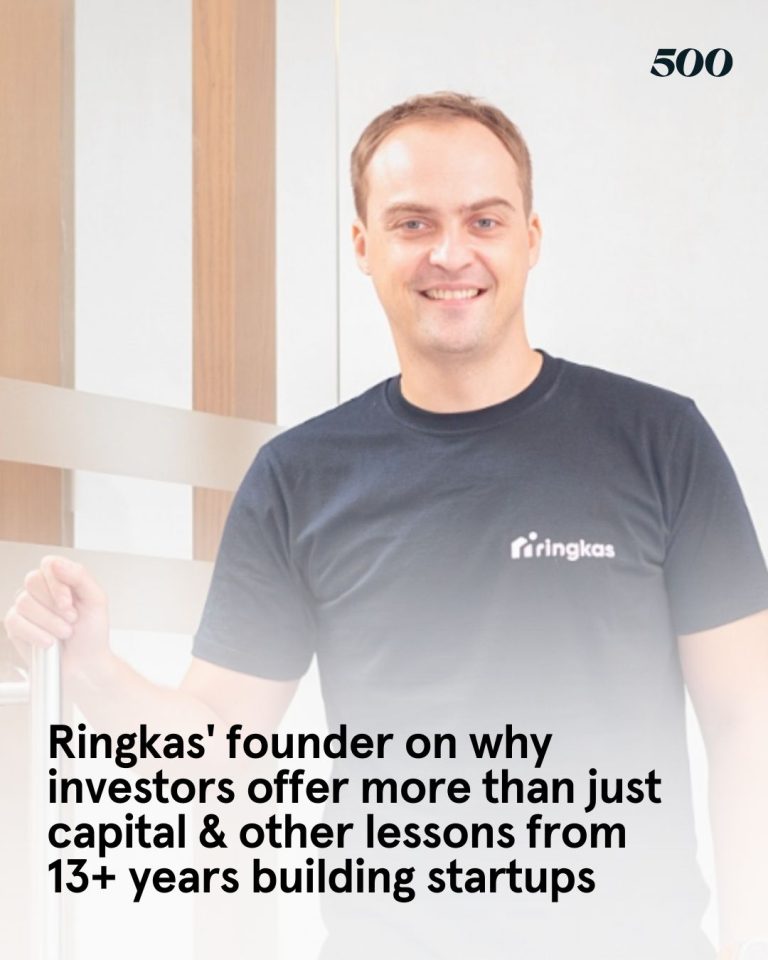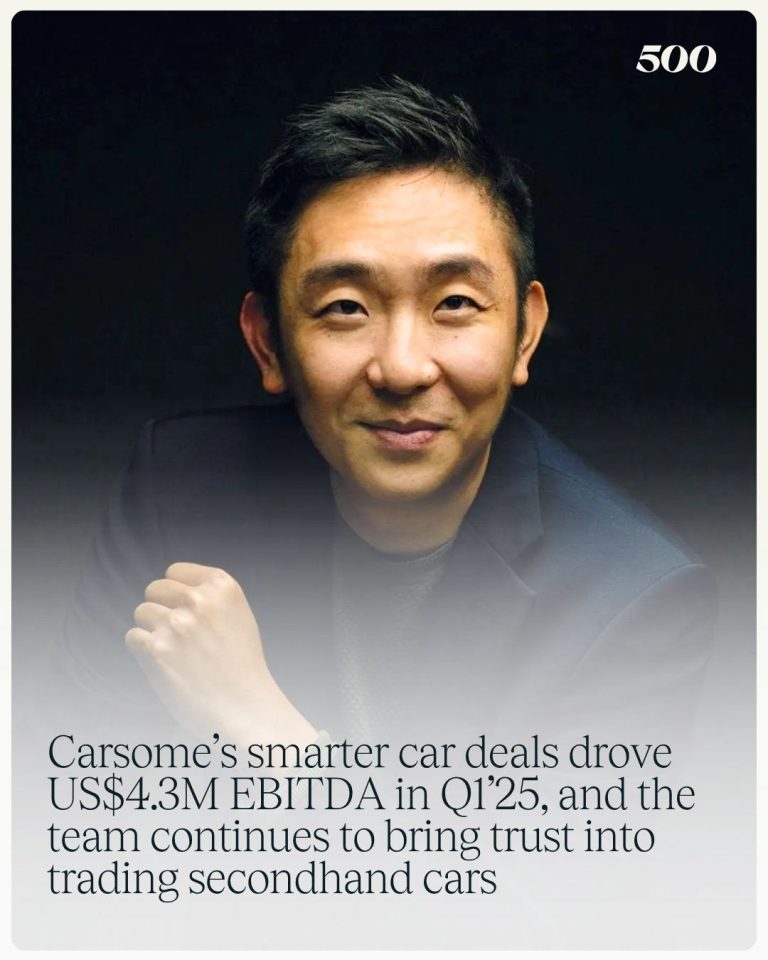Wheels of change
- Between affordability and sustainability, which would you choose? In Southeast Asia, affordability tends to come first, but Gil Carmo, Co-founder & CEO of 500-backed iMotorbike believes this is changing.
- “Sustainability and quality are not opposing forces; they can work hand in hand when supported by the right processes and a genuine commitment to the environment,” he shared.
- Gil believes the solution lies in adopting circular economy principles, which focus on reducing waste and extending product lifecycles.
- At iMotorbike, this means encouraging trade-ins, reusing parts wherever feasible, and investing in eco-friendly refurbishment technologies. Refurbishing and reselling secondhand bikes reduce waste, and make affordable transport options accessible to more consumers.
- This approach lowers production costs, reduces dependence on raw materials, and creates new revenue streams while minimising environmental impact.
- What’s more, circular economy practices also strengthen the local ecosystem. A community-driven approach of supporting local businesses and suppliers involved in parts recovery, repairs, and refurbishment can enhance the entire supply chain.
- Gil is optimistic about the future of Malaysia’s transport industry: “We are already seeing early signs of change, and these trends will only accelerate.”
- Read the full story here.




